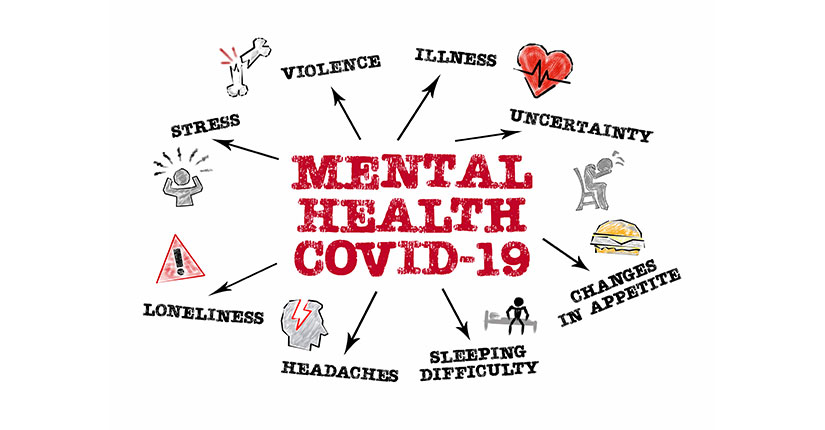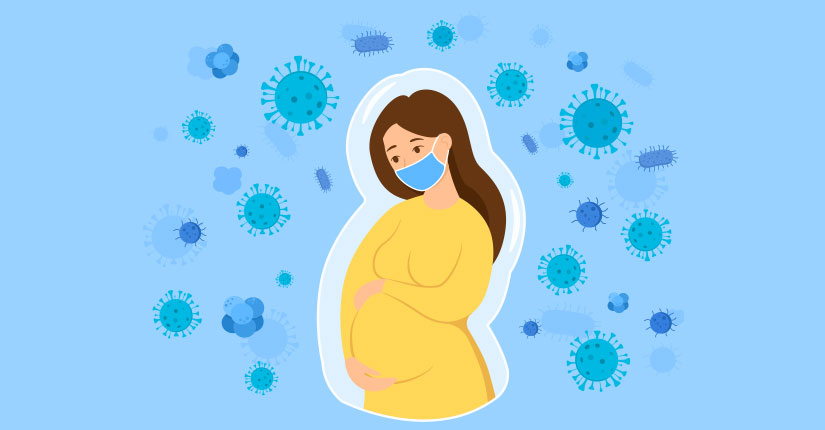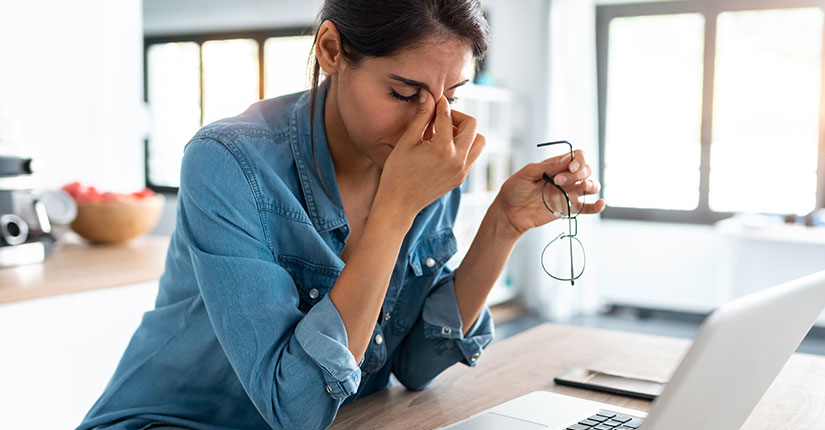WHO Tweeted That The Impact of Covid-19 On Mental Health Cannot Be Underestimated
By Nmami Agarwal 23-Jun 2022 Reading Time: 4 Mins

One of the biggest global crises in generations, the COVID-19 pandemic has had severe and far-reaching repercussions for health systems, economies, and societies. Countless people have died or lost their livelihoods. Families and communities have been strained and separated. Children and young people have missed out on learning and socializing. Businesses have gone bankrupt. Millions of people have fallen below the poverty line.
As people grapple with these health, social and economic impacts, mental health has been widely affected. Plenty of us became more anxious, but for some COVID-19 has sparked or amplified much more serious mental health problems. A great number of people have reported psychological distress and symptoms of depression, anxiety, or post-traumatic stress. And there have been worrying signs of more widespread suicidal thoughts and behaviors, including among health care workers.
Some groups of people have been affected much more than others. Faced with extended school and university closures young people have been left vulnerable to social isolation and disconnectedness which can fuel feelings of anxiety, uncertainty, and loneliness and lead to affective and behavioral problems. For some children and adolescents being made to stay at home may have increased the risk of family stress or abuse, which are risk factors for mental health problems. Women have similarly faced greater stress at the home, with one rapid assessment reporting that 45% of women had experienced some form of violence, either directly or indirectly during the first year of the pandemic.
While mental health needs have risen, mental health services have been severely disrupted. This was especially true early on in the pandemic when staff and infrastructure were often redeployed to COVID-19 relief. Social measures also prevented people from accessing care at that time. And in many cases, poor knowledge and misinformation about the virus fuelled fears and worries that stopped people from seeking help.
The World Health Organisation recommends that countries:
- Apply a whole of society approach to promote, protect and care for mental health, including through social and financial protection to safeguard people from domestic violence or impoverishment, and by communicating widely about COVID-19 to counter misinformation and promote mental health.
- Ensure widespread availability of mental health and psychosocial support, including by scaling up access to self-help and supporting community initiatives.
- Support recovery from COVID-19 by building mental health services for the future.
Over To You:
Mental health conditions are widespread, undertreated, and under-resourced. WHO recommends integrating Mental Health and Psychosocial Support (MHPSS) within all aspects of preparedness and response for all public health emergencies.





















